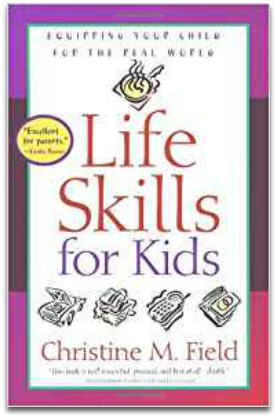 How is this happening again?
How is this happening again?
Just a few short moments ago, you were enjoying a calm, relaxing moment together with your child when all of a sudden, out of nowhere, came a full-blown power struggle!
Cue the tears, yelling and hurtful words.
If you’re like most parents, you desperately try to avoid these moments.
They’re not fun.
They’re embarrassing. (Especially with judgmental onlookers questioning your every move.)
But the worst part about power struggles is that they seem to take away way too many of those precious moments you have with your kid (and he’s growing so fast, you don’t want to miss any more of them).
You’ve probably tried all of the standard advice for preventing power struggles…
- You pick your battles
- You give him choices
- You ignore what you can tolerate
- You might even give in every once in awhile because his request isn’t that out of line
But even with these tactics, sometimes avoiding a power struggle just isn’t possible. When he’s acting in a way that’s inappropriate and cannot be ignored, you feel like you’ve got to do something.
But what?
How do you sidestep the argument so that you don’t have to get caught in yet another stressful power struggle, yet remain the type of parent you want to be, one who has expectations and rules, not a doormat who folds at every sign of conflict?
 How financially savvy and responsible are your children? How good is their Money IQ?
How financially savvy and responsible are your children? How good is their Money IQ?
 I am living with Mount Etna. In tween form.
I am living with Mount Etna. In tween form. How often have you heard this advice?
How often have you heard this advice? I was sexually molested by a relative from the age of eight to fourteen.
I was sexually molested by a relative from the age of eight to fourteen.